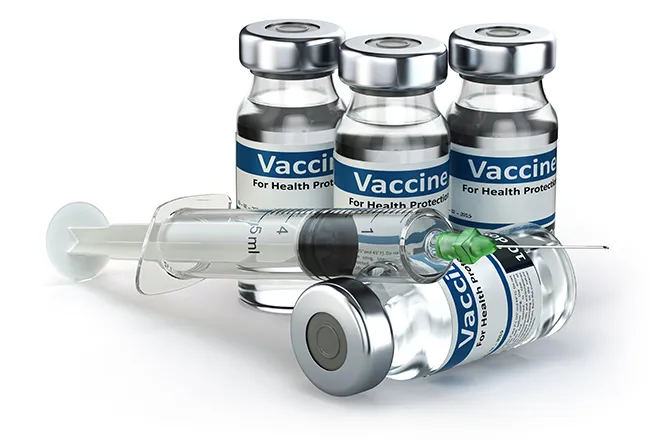
Two Confirmed Cases of Hantavirus; Officials Promote Prevention
State health officials are warning Coloradans to avoid hantavirus exposure. There have been two confirmed cases of hantavirus in the state this year, one of which resulted in death.
Hantavirus is a serious and potentially fatal respiratory disease carried by deer mice. People become infected by breathing in dirt and dust contaminated with deer mouse urine and feces. The Colorado Department of Public Health and Environment has documented more than 90 cases of hantavirus across the state since it began tracking the disease in 1993. Approximately 40 percent of people who were infected died.
Coloradans are most likely to get hantavirus when they are exposed to deer mouse urine and feces in and around their homes. Unlike house mice, deer mice have large ears and eyes and white undersides. More people contract hantavirus in the early spring and summer, often when they are cleaning up yards and outbuildings.
“Be particularly careful where there is evidence mice have been in and around buildings or wood or junk piles,” said Dr. Jennifer House, state public health veterinarian. “If you have deer mice around your home, assume there is some risk of exposure to this virus. The more mice there are, the greater the risk.” House advises:
•Remove wood, junk and brush piles near your home. Store firewood at least 100 feet from your house. Keep vegetation around the house well-trimmed.
•Open windows and doors for at least 30 minutes before cleaning sheds and outbuildings.
•Spray accumulated dust, dirt and rodent droppings with a mixture of bleach and water (1½ cups of household bleach to one gallon of water).
•Wear rubber, latex or vinyl gloves when cleaning.
•Never vacuum or sweep areas where there is evidence of rodent infestation.
Initial hantavirus symptoms include fever, body aches, headache and vomiting. The symptoms begin from one to six weeks after exposure and can progress quickly to respiratory distress within one to five days. Infected people may have a dry cough and difficulty breathing.
“If you become ill with these symptoms, tell your physician about possible exposures to rodent-infested environments,” House said. “If hantavirus is suspected, early admission to a hospital for careful monitoring is critical.”
Because there is no effective treatment for the disease, House emphasized prevention as the key. She advised year-round rodent control, both in and outside the home.

















